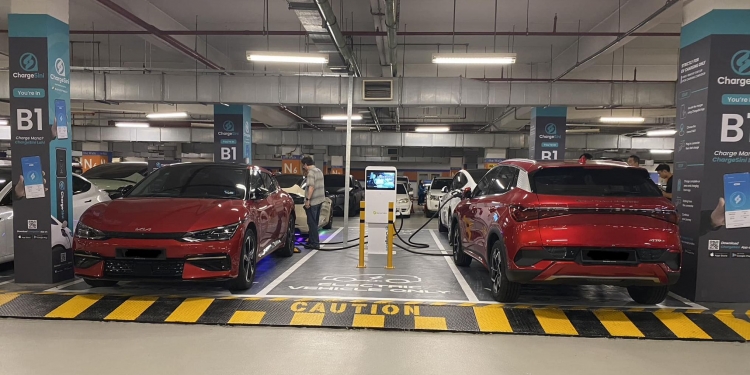While Malaysia aims to achieve 10,000 electric vehicle (EV) charge points by 2025, it appears we are still far behind with approximately 1,500 charge points deployed so far. Charge Point Operators (CPO) have been introducing new EV charging sites to cope with EV demand, but there are concerns that bureaucratic hurdles are hindering the development of EV charging infrastructure in the country.
During an interview on RTM yesterday, the Energy Commission (ST) shared some updates on its Electric Vehicle Charging System (EVCS) licence and what has been causing delays for approvals.
ST: Public EV chargers require EVCS licence for safety
ST Industry Operations Director Mohd Elmi Anas said all CPOs are required to apply for EVCS licence for public chargers as they are considered an activity of supplying electricity.
As we’ve reported in December 2022, ST said all public EV chargers are required to obtain an EVCS licence by 31st March 2023 and the requirement is in line with the provisions of Section 9 (1) (b) of the Electricity Supply Act 1990. The regulator added that CPOs that carry out EVCS installations without a valid licence are committing an offence and may be prosecuted under Section 37(5) of the Electricity Supply Act 1990. Violators could face a fine of up to RM100,000, and further fines not exceeding RM100,000 for each day which the offence continues after conviction.
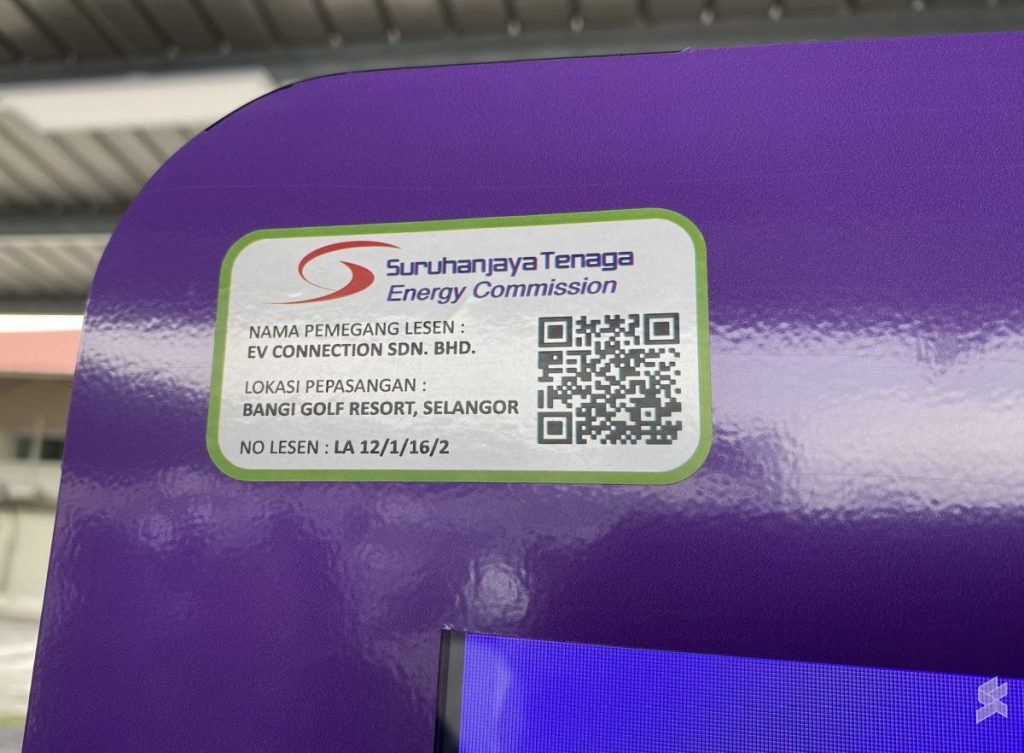
The EVCS licence also enables CPOs to adopt kWh-based instead of time-based charging for EV charging sessions which makes it fairer and equitable for all EV owners. Gentari’s XPark Sunway Serene and Bangi Golf Club EV charging hubs were among the first EV charging sites to obtain the EVCS licence.
The public can identify an EVCS licenced site by looking for ST’s sticker which has a QR code on it. Alternatively, they can check the list of licensees on ST’s website.
According to ST’s Electric Licencing Department’s Deputy Director Mohd Yusrul Yusof, there are currently 223 licenced locations approved for EV charging operations which cover a total of 654 EV chargers.
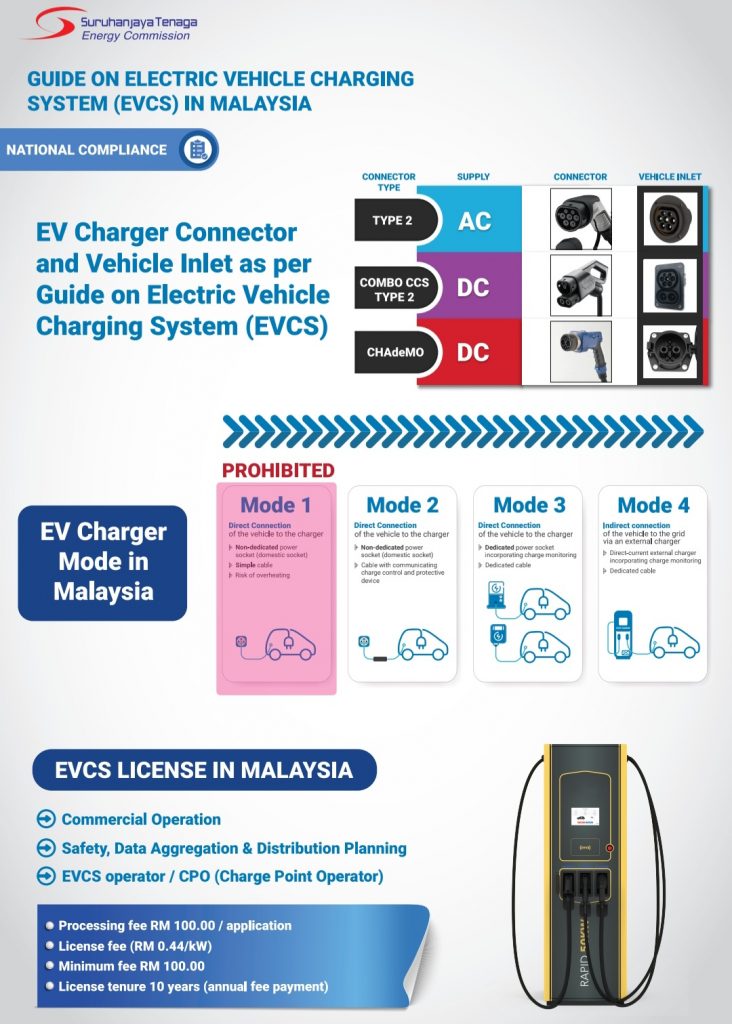
Mohd Elmi said the licence requirement is not meant to burden CPOs but it is to ensure safety. He said ST prioritises safety and they want to avoid instances of EV chargers causing electrocution or fires which affect human lives and properties.
Mohd Elmi raised concerns about whether an insurance company would cover damages involving an EV charger if the site wasn’t licenced.
He said the EVCS licence ensures that a charger has fulfilled the required standards and the installation has been acknowledged by a certified and competent engineer. He added that the licence would provide consumers with the comfort level that the charger has been installed properly and it is safe to use.
ST does not physically inspect EV chargers
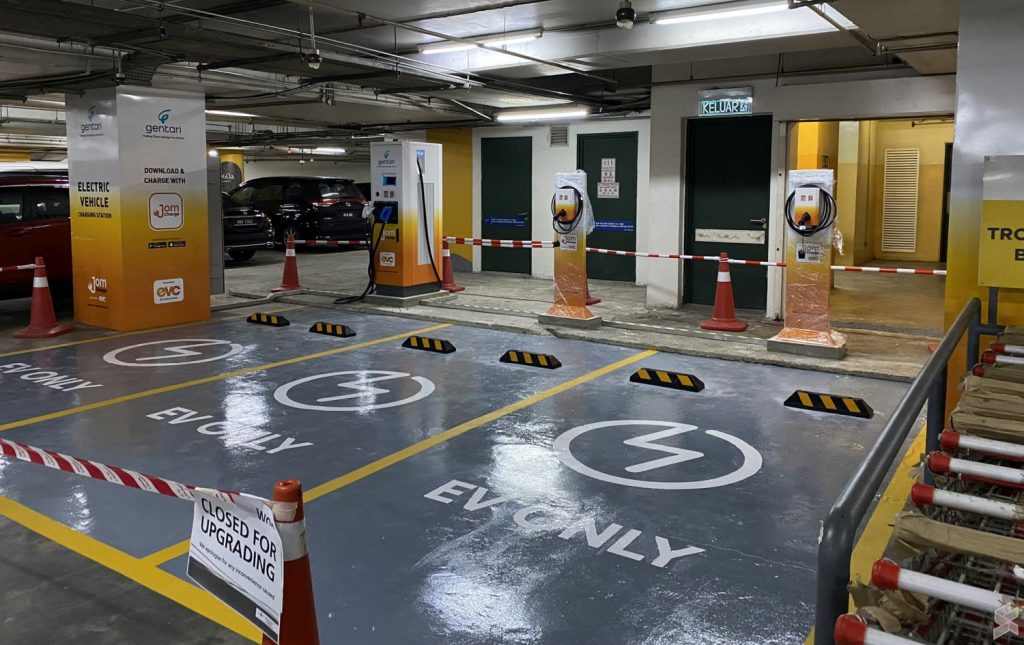
However, it is worth pointing out that the EVCS application is merely a paperwork submission. The approval is given based on schematics endorsed by a Professional Electrical Engineer and the regulator does not perform physical inspections of the actual EV charger after the installation is completed.
The EVCS licence costs RM100 or RM0.44 per kW, whichever is higher. We’ve been told that depending on the quality of the submission, the approval process may take between 2 to 6 months.
Why is the EVCS licence approval process taking so long?
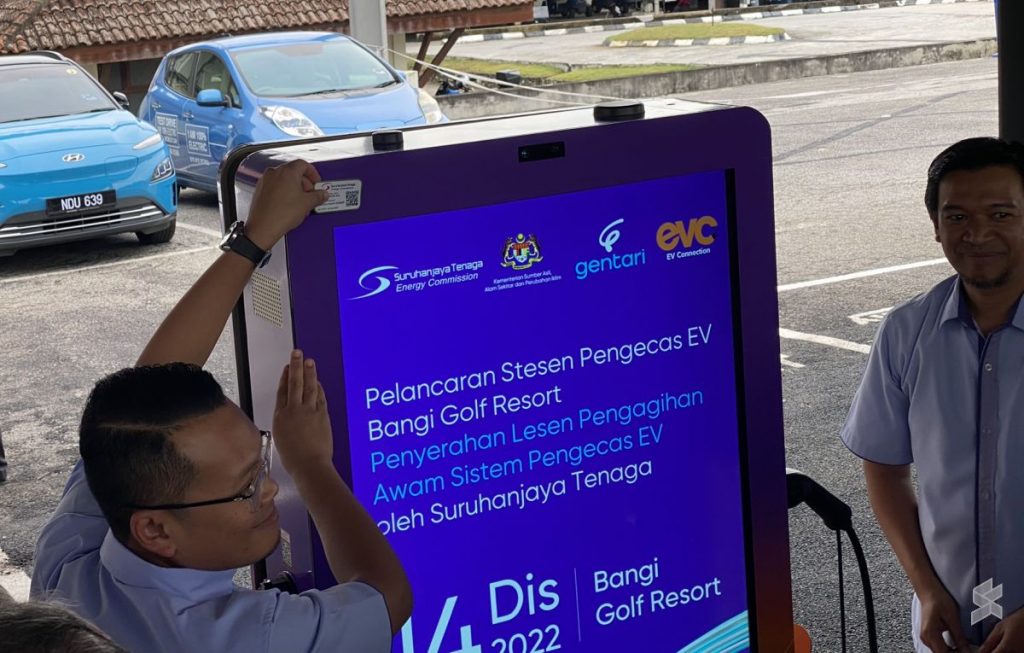
During the interview, ST said they had reduced the EVCS application process from 60 days to 30 days. It added that there are plans to further streamline and shorten the process to facilitate the growing demand of the EV industry.
When asked about the challenges faced by ST, Mohd Elmi said besides reducing the approval time by half, he said 30 days is just the maximum timeframe for approval and applications could be approved quicker.
He said the submissions made by CPO for the licence were a concern as they do not seem to understand what is required for the licence. He claimed the delays were caused by inaccurate data, conflicting information or incomplete details submitted during the application.
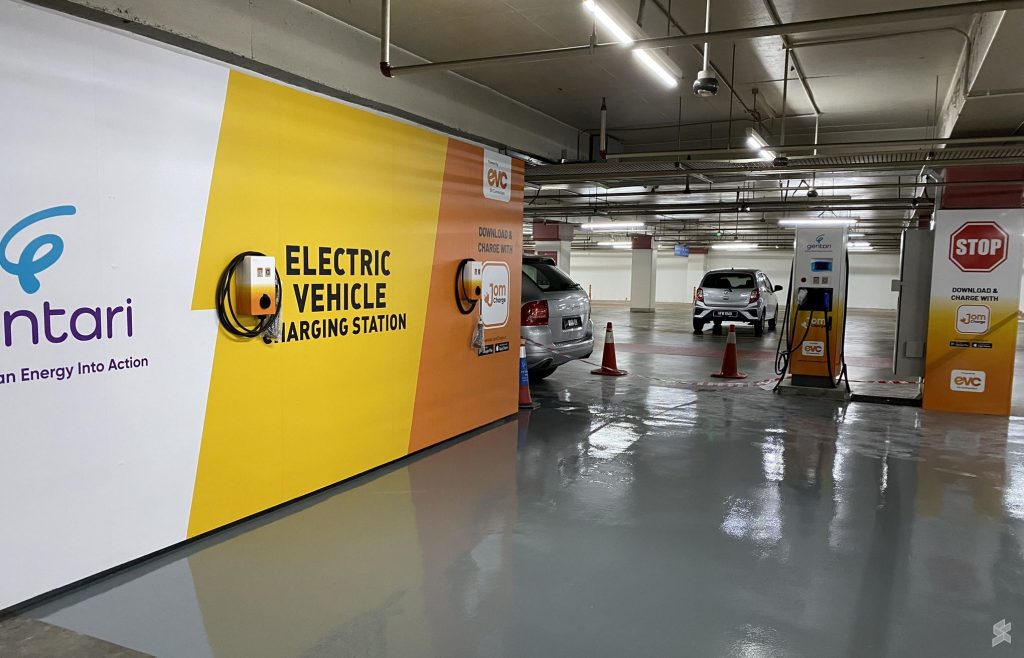
Mohd Elmi added that the 30 days is only for the ST licence and there are other approvals required by CPOs to install an EV Charger. This includes approvals from local government authorities and site owners. He said these are other factors that may cause delays for EV chargers to be deployed and ST’s EVCS licence is just one of the requirements.
Mohd Elmi shared that ST has recently had engagements with CPOs to explain about the EVCS licence including how to fill up the forms. He urged all new CPOs or anyone planning to install public EV chargers to come forward to ST and they will teach them step by step on the application process.
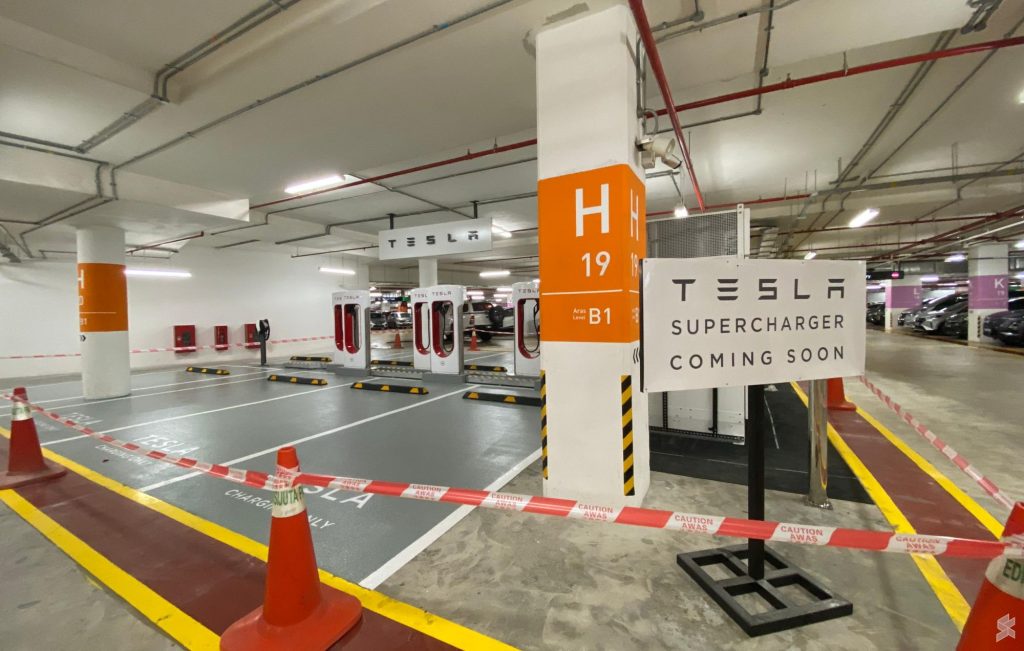
While most EV owners would charge their vehicles at home, public EV chargers are crucial to address range anxiety for users without access to home chargers or for interstate drivers.
Large-scale EV charging hubs have been popping up at various shopping malls and along interstate highways but it is a common sight to see most of them still not being switched on even months after installation was completed. We could only assume that these chargers are waiting for approval from the necessary authorities. It is also worth noting that in the past week, several EV chargers have mysteriously gone offline until further notice.
If Malaysia aims to achieve its 10,000 charge point target, the government needs to relook into the application process to ensure deployment of chargers can be rolled out as quickly as possible while ensuring safety standards. Looking at the current situation, Malaysia would need to install at least 350 charge points each month from January 2024 until December 2025 to achieve its 10,000 charge point goal.

